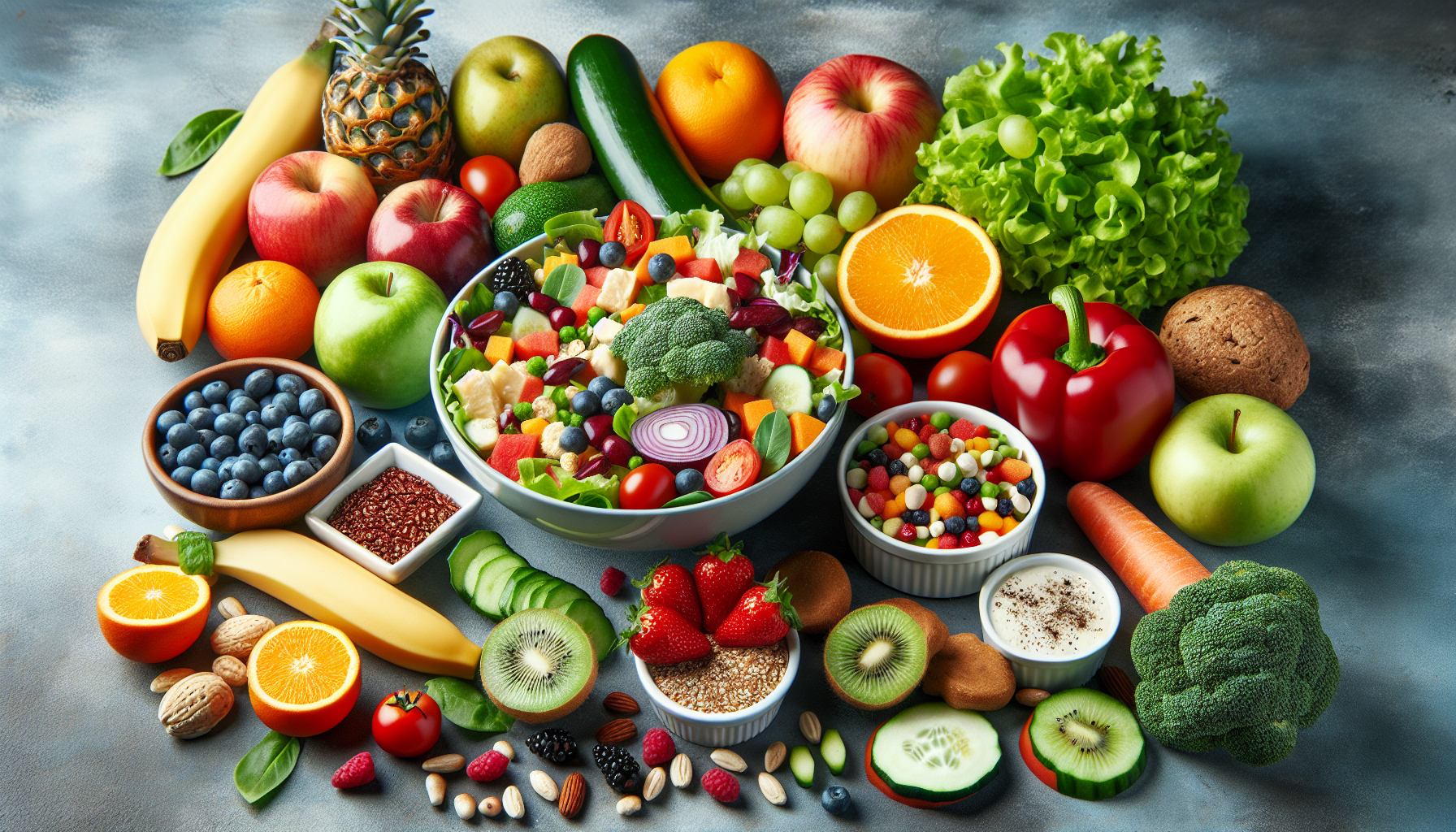Yoga, a harmonious blend of physical postures, breath control, and meditation, offers a holistic approach to enhancing physical flexibility, mental serenity, and overall well-being. For those on a weight loss journey, combining yoga with the right nutritional choices can amplify results and foster a healthier lifestyle. At Svelte Spirit Studio, we emphasize the symbiotic relationship between mindful movement and mindful eating. Here are some nutritional tips to enhance your yoga practice and support your weight loss goals.
1. Start with Hydration
Hydration is fundamental for any fitness regimen, and yoga is no exception. Begin each day by drinking a glass of warm water with lemon. This simple habit kickstarts digestion and provides a gentle detoxifying effect. Throughout the day, ensure you drink plenty of water to maintain hydration, enhance metabolism, and support optimal bodily functions.
2. Prioritize Whole Foods
A diet rich in whole foods helps provide the necessary nutrients without the added calories from processed ingredients. Incorporate plenty of vegetables, fruits, whole grains, lean proteins, and healthy fats into your meals. This practice not only supports weight loss but also supplies sustained energy for your yoga sessions.
3. Embrace Plant-Based Nutrients
Yoga’s ethos often aligns with a plant-based diet, which emphasizes consuming foods that are lower in calories and rich in essential nutrients. Whether you're vegetarian, vegan, or simply plant-curious, incorporating more plant-based meals can improve digestion, reduce inflammation, and assist in effective weight management.
4. Balance Your Macros
For effective weight loss and energy during yoga, maintain a balanced intake of macronutrients: carbohydrates, proteins, and fats. Carbs, particularly those from whole sources like quinoa and sweet potatoes, provide energy. Proteins such as legumes, tofu, and fish support muscle repair and growth, while healthy fats from nuts, seeds, and avocados help satiate and nurture brain health.
5. Time Your Meals and Snacks
Eating at the right times supports energy maintenance and prevents overeating. Try to consume a small, balanced snack or meal one to two hours before your yoga practice. A light smoothie with leafy greens, a banana, and a spoonful of almond butter works wonders. Post-yoga, opt for a nutritious meal to replenish and repair your body — think grilled chicken with quinoa and steamed vegetables.
6. Tune Into Hunger and Fullness Cues
Mindful eating is just as important as mindful movement. Pay attention to your hunger and fullness cues, and eat when genuinely hungry, stopping when you're comfortably full. This practice prevents mindless snacking and helps build a healthier relationship with food.
7. Savor Anti-inflammatory Foods
Foods like turmeric, ginger, green tea, and berries have anti-inflammatory properties that can improve recovery and reduce the risk of injury — valuable benefits for avid yoga enthusiasts. Incorporate these foods into your diet to support physical resilience and enhance overall health.
8. Limit Sugar and Processed Foods
Excessive sugar and processed foods can lead to energy crashes and impede weight loss progress. Limit refined sugars and processed snacks; instead, satisfy sweet cravings with fruits or homemade desserts using natural sweeteners like honey or maple syrup.
At Svelte Spirit Studio, we believe that the partnership between yoga and nutrition goes beyond physical transformation; it transforms mind and spirit as well. By integrating these nutritional tips into your routine, you'll be able to harness yoga’s full potential and journey towards a healthier, more balanced life. Embrace this journey with patience and dedication, and the results will resonate both on and off the mat.
